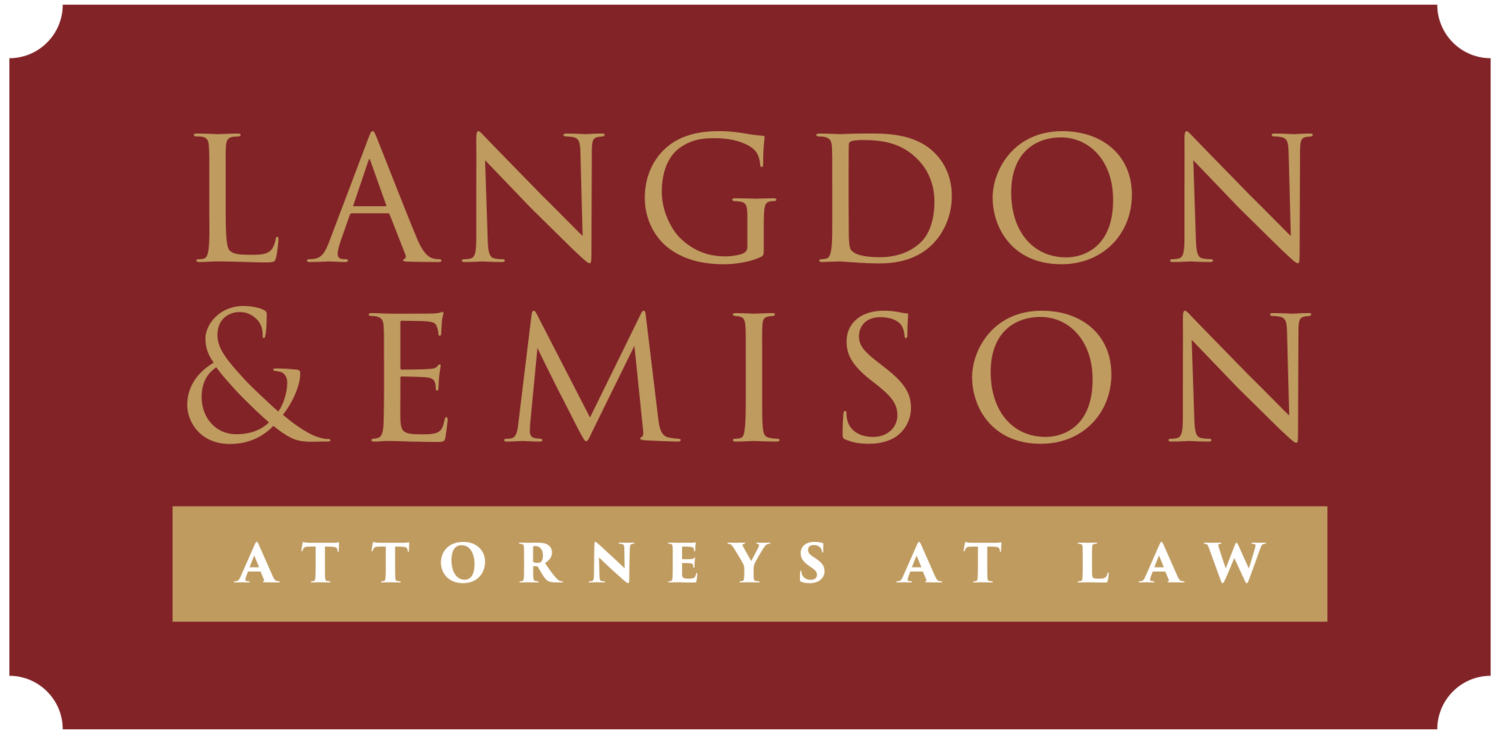Bad Faith
What does Bad Faith mean?
Bad faith is the decision, both consciously and intentionally, to deceive another person and shirk one's duty. Unlike an injury claim which is filed based on the assumption that another person caused injury due to negligence, under the assumption of bad faith, the injury is caused from an intentional action.
The most common type of bad faith claim occurs when an insurance company has an unreasonable failure to fully and fairly pay claims promptly based on their duty outlined under the insurance contract. The duty is referred to as the "implied covenant of good faith and fair dealing." If an insurance company has breached their contract and acted in bad faith the plaintiff may receive punitive or exemplary damages which can be for an amount larger than the original face value of the policy. Punitive damages, if allowed, are used to punish the plaintiff and deter companies or persons from acting in bad faith in the future.
Common bad faith actions include deceptive practices or deliberate misrepresentation to avoid paying claims, deliberate misrepresentation of records, unreasonable litigation, excessive delays in settling and paying claims, failure to investigate claims, using improper standards to deny claims, unreasonable demands for proof of loss and abusive tactics to settle claims.
Lawyers near
Term of the Day
Abuse of a child
Abuse is any act against a child which results in death, serious physical or emotional harm, or sexual abuse.
Category: Adoption






